Editor's note
|
|
Kenya’s government has recently started to roll back artistic freedom in the country by banning films that are aimed at expanding peoples’ identity. The most prominent example was Rafiki, a film that was banned for “promoting lesbianism”. Samson Kaunga Ndanyi argues that resisting censorship like this by taking the government to court, is the only way artists can ensure freer artistic spaces.
A rightwing British politician, Jacob Rees-Mogg, stirred up controversy recently when he claimed in a TV interview that the death rate in the concentration camps during the Anglo-Boer War (1899 – 1902) in South Africa was the same as Glasgow’s at the time. Historian Fransjohan Pretorius explains why the Conservative MP’s statements were riddled with inaccuracies, and sets the record straight.
|
Charles Leonard
Arts + Culture Editor
|

|
|
Top Stories
|
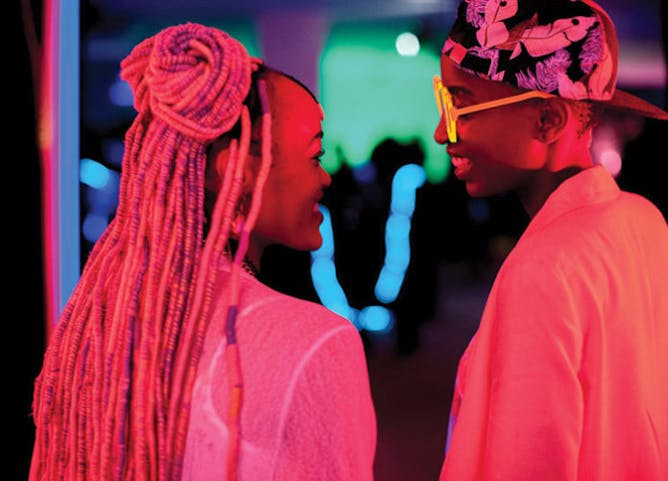
Rafiki was banned from cinemas by the Kenya Film Classification Board for promoting same-sex relationships.
Supplied
Samson Kaunga Ndanyi, Rhodes College
A Kenyan film director sued her country's film board and won. Local artists should follow suit and fight censorship.
|
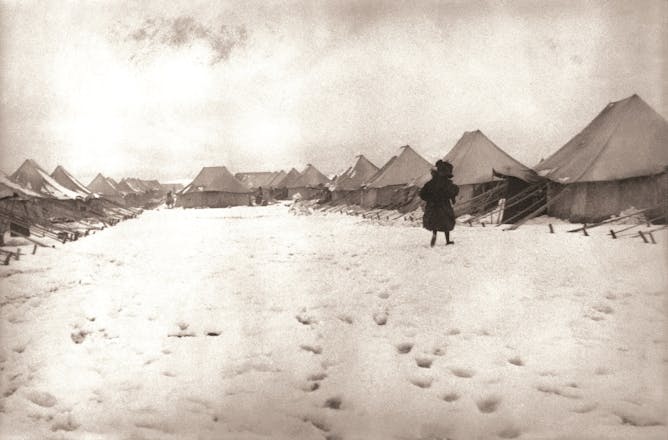
One of the Boer concentration camps.
Photographical Collection Anglo-Boer War Museum, Bloemfontein SA
Fransjohan Pretorius, University of Pretoria
A British Conservative MP has brought concentration camps during the South African War back into the spotlight.
|
Environment + Energy
|
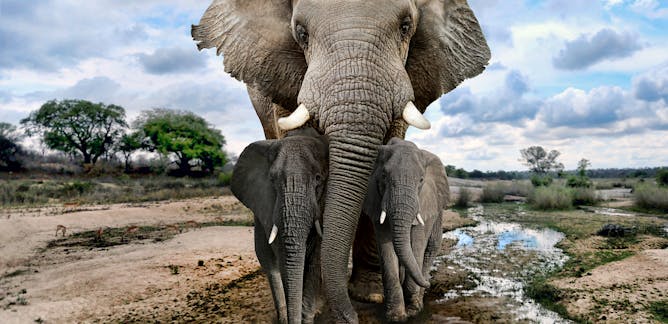
Ross Harvey, South African Institute of International Affairs
Drone technology plays a vital role in gathering accurate wildlife data. But this alone isn't enough to save Africa's elephants.
| |
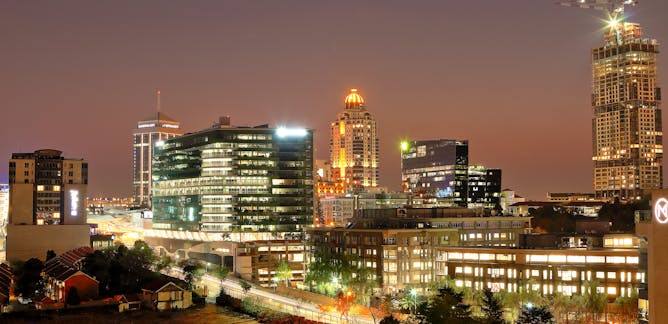
Catrina Godinho, University of Cape Town; Lauren Hermanus, University of Cape Town
Eskom, South Africa's power utility will be unbundled and receive financial support from national treasury. These are the next steps.
|
|
|
Arts + Culture
|
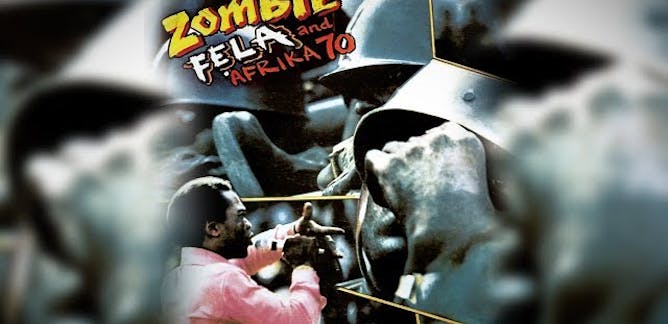
Uche Onyebadi, Texas Christian University
Cultural icons like Achebe, Fela and Saro-Wiwa were among those who highlighted Nigeria's failings.
| |
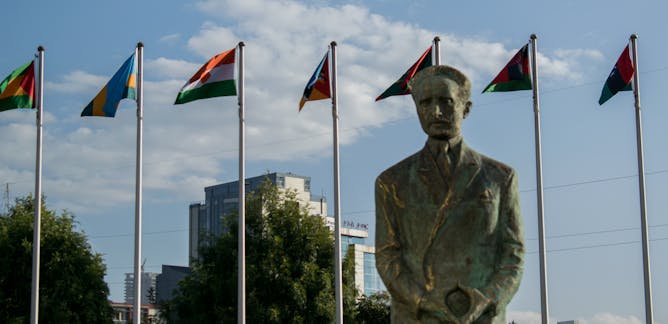
Martin Plaut, School of Advanced Study
Leaders go in and out of fashion, making statues built in their memory a tricky issue.
|
|
|
Health + Medicine
|
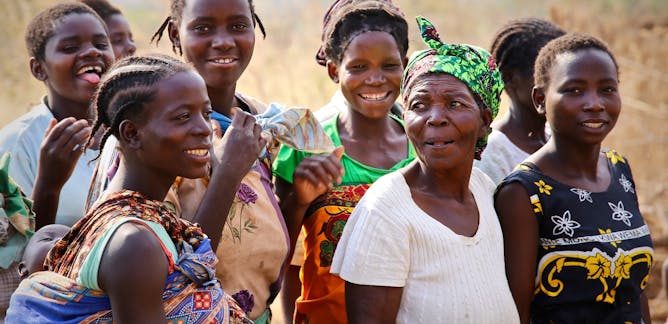
Kathryn Dovel, University of California, Los Angeles; Dr Morna Cornell, University of Cape Town; Sara Yeatman, University of Colorado Denver; Stephanie Chamberlin, University of Colorado Denver
Female-centred health services are good, but they may detract from gender equality and men’s health.
| |
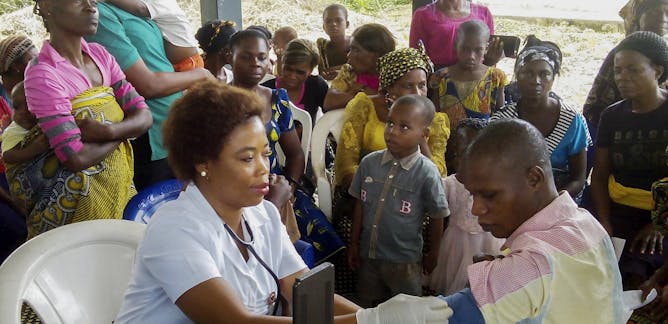
Oyewale Tomori, Nigerian Academy of Science
Nigeria's health systems are overwhelmed and incapable of sustaining high quality disease surveillance, prevention, control and response.
|
|
|
Education
|

Dan Hodgkinson, University of Oxford; Luke Melchiorre, Universidad de los Andes
African universities were key actors in developing post-colonial and decolonised societies.
| |
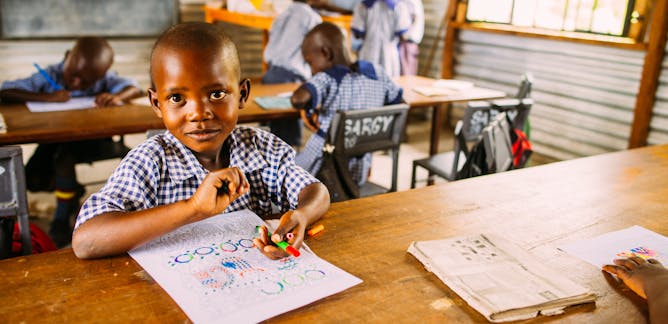
Dr Peter Mose, Rhodes University
Research shows that mother tongue teaching is the most ideal tool for early child education.
|
|
|
Science + Technology
|
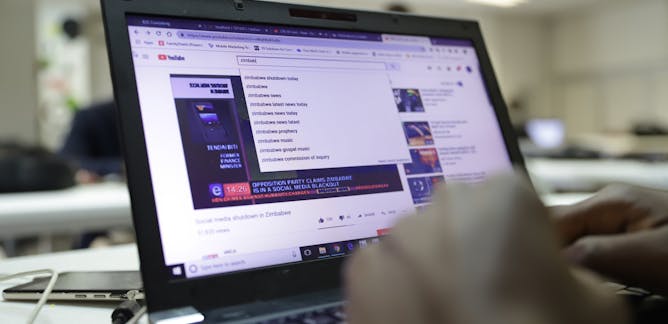
George Ogola, University of Central Lancashire
Shutting down or controlling access to the internet has become a go-to strategy among some African states who want to control the political narrative.
| |

Stig Jarle Hansen, Norwegian University of Life Sciences
Drones are a tool to manage the threat of al-Shabaab, but there's no way they'll defeat the group entirely.
|
|
|
South African budget
|
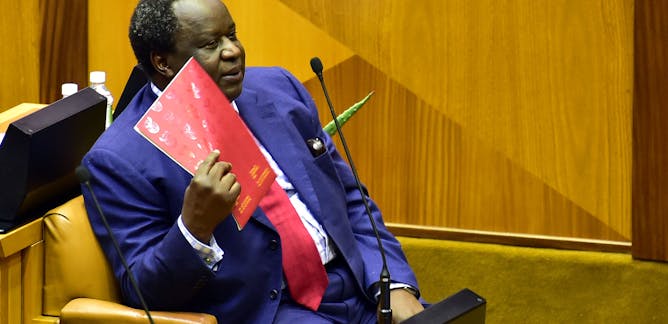
Steven Friedman, University of Johannesburg
South Africa's latest budget was a necessary stop-gap after the ravages of the past decade. But it didn't have ideas that addressed the needs of poor people.
| |
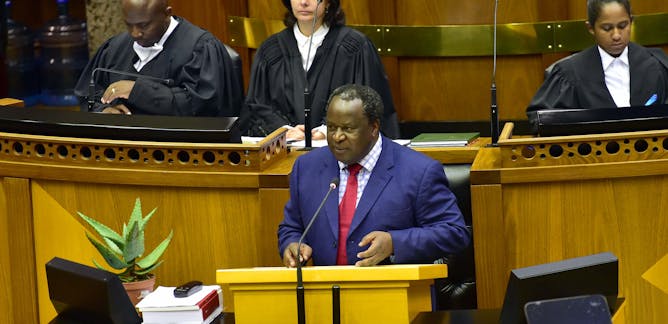
Seán Mfundza Muller, University of Johannesburg
South Africa's finance minister delivered a budget that tried to balance serving the public interest, while maintaining the stability of public finances.
|
|
|
Podcasts
|
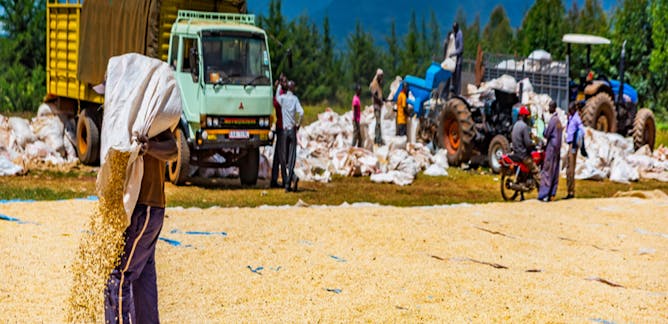
Ozayr Patel, The Conversation
Once crops have been harvested, farmers experience wastage and loss of food all over Africa.
| |
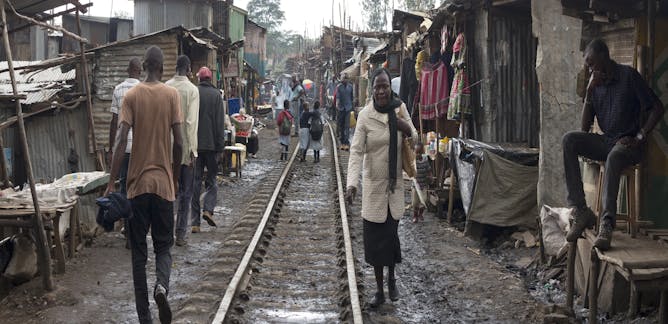
Ozayr Patel, The Conversation
Millions of people in Kenya still face poverty. But there's hope.
|
|
|
| |
| |
| |
| |
Would you like to republish any of these articles?
|
|
It’s free to republish, here are the guidelines.
Contact us on africa-republish@theconversation.com in case you need assistance.
|
| |
| |
| |
| |
|
|